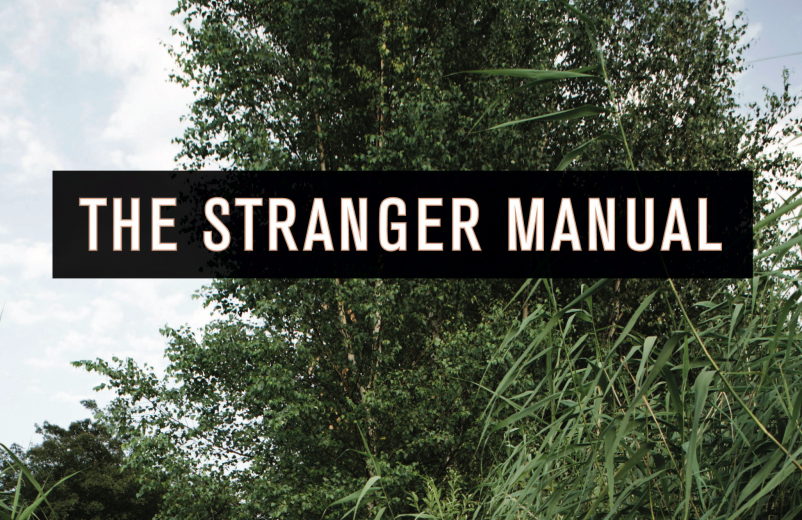The Stranger Manual
Catie Rosemurgy
Graywolf Press, $15 (paper)
Here’s a question from Catie Rosemurgy’s second book: “What can you do to know the flower?” The options that follow are not exactly answers, e.g., “You can stand beside it and cry for the brain’s tendency to create beauty and then perceive it as unknowable.” The Stranger Manual takes up the theme of making strange; its poems create beauty but insist on standing apart from it. The book uses a guiding persona—Miss Peach—as a lens for this refraction. Miss Peach is at times distanced from herself, presented in varying degrees of intimacy and alienation, even imagining herself as “an Aging British Rock Star” who “Considers the Human Condition While Responding to a Beautiful Woman Who Has Just Said ‘I Love You.’” These poems are very funny, but one also finds distance and recursion: “Miss Peach Is a Doll Inside a Doll Inside a Doll,” or “A Rose Is a Rose Is a Rose Is Miss Peach.” As Rosemurgy suggests, “inside every girl / is someone who is not a girl / but who looks like one and laughs.” The self made strange to itself offers surprising perspective, history, and humor. Some poems are in and about a place-character, Gold River, where “The mind walks with the body / on the body’s own breaking. // The body carries the mind over the shattering / that lurks in its own frozen field.” A river marks a landscape or a memory but remains unknowable, inconstant as the body: “it turns out the river is a type of bone. / Now even the dead, when seen from up close, turn out to be moving.” What can we do to know a body, a poem, a place? Perhaps as we see “The world in reference to you. Time a backdrop. // Or close the other eye: you in reference to the world. / How it varies and happens simultaneously.” The Stranger Manual is a lesson in this simultaneity: the self is known and other, intimate and alien. To read these poems again and again is to stand in and alongside such remarkable strangeness and beauty.







